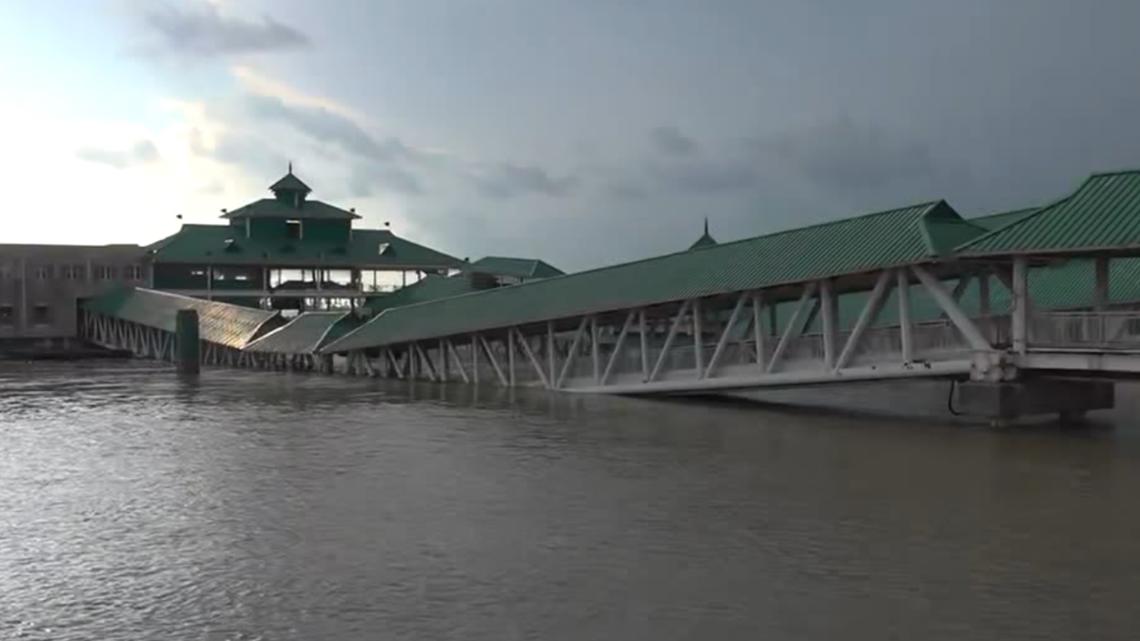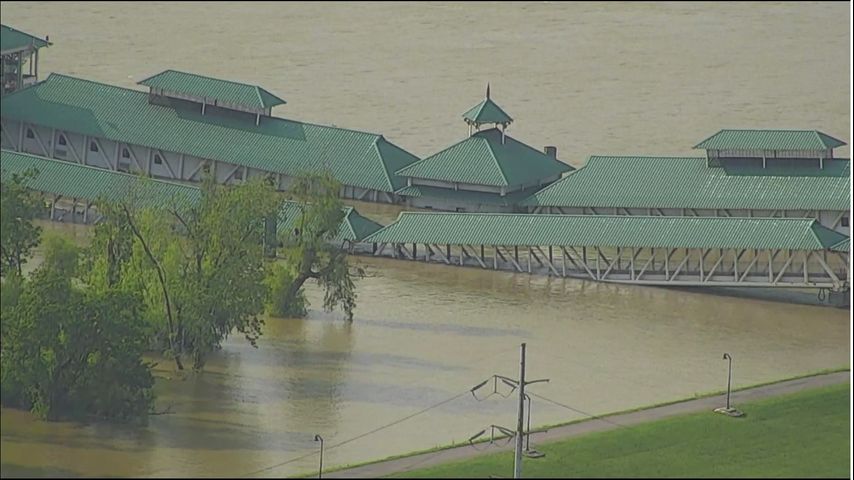The concept of restored lands states that a tribe should be considered for gaming rights if its federal recognition was unduly stripped, then later restored.
As the Koi Nation spent the past three-plus years fighting for the right to develop a casino on a prized tract of land just outside Windsor, the fight was always on two fronts.
On the ground, the Koi, a small band of Southeastern Pomo Indians, faced vocal, galvanized opposition from residents of the Shiloh neighborhood, who were aghast at the thought of a large resort-casino in their quiet, mostly upscale community.
And across the country, in Washington DC, the tribe faced a different challenge. They had to convince the U.S. Department of the Interior that their people fit the requirements of the “restored lands exception,” an obscure element of tribal gaming law meant to offer a leg up for tribes that had been dispossessed and marginalized by the government.
The Koi haven’t come any closer to allaying the fears of their future neighbors. But that won’t stop their project, because they were successful on the other front.
Last week, Interior Secretary Deb Haaland published a “record of decision” that signaled her department’s intent to take 68 acres of land into trust for the tribe, paving the way for the Shiloh Resort and Casino. As proposed, the development will include a 400-room hotel and a 530,000-square-foot gambling floor, with 2,750 gaming devices and more than 100 table games.
The Koi’s “restored lands” argument won, to the chagrin of Sonoma County’s other gaming tribes.
“I was astounded, but certainly not surprised by the restored lands decision,” Greg Sarris, chair of the Federated Indians of Graton Rancheria, said in a statement to The Press Democrat. “It’s been clear for months that the DOI was reinterpreting the Indian Gaming Regulatory Act in order to approve this project. They have now stretched those laws to their breaking point.”
About 40 miles away, the Wintun Yocha Dehe Nation was feeling a similar sting. Three days before her decision on the Koi project, Haaland green-lighted a land-to-trust agreement for another Pomo band with ancestral ties to modern-day Lake County — the Scotts Valley band — for their proposed casino in Vallejo.
The Bureau of Indian Affairs did not respond to a request for comment and information.
The heated disagreements in the wake of these decisions aren’t surprising, considering the complexity of tribal gaming law, and the twisted and destructive ways the government has treated California’s Indigenous peoples.
“I always feel there’s a danger of reporters latching on to these tribe-vs.-tribe narratives,” said Greg Ablavsky, the Marion Rice Kirkwood Professor at Stanford School of Law. “It’s important to recognize that what has created this situation is the federal government putting itself in position of arbiter and decision maker, and handing down these sometimes-arbitrary decisions. And trying to clean up this history of disastrous policies in the 20th century.”
‘We need exceptions’
The experience of the Koi people is particularly fractured.
The group traces its precolonial origins to the village of Koi, on an island in Clear Lake. In 1916, the U.S. Bureau of Indian Affairs purchased 141 acres in Lake County and called it the Lower Lake Rancheria. That was the Koi’s home until 1956, when Congress authorized transfer of the tract to Lake County, to be developed as a municipal airport.
Suddenly, the tribe was landless.
Dispossessed and scattered, the Koi eventually seized upon the economic strategy many other Native American tribes have found most realistic: gambling.
To get there, they would have to navigate the codes of the Indian Gaming Regulatory Act of 1988, which governs all tribal casinos in this country. It would be a complicated path.
When the act was passed, it essentially limited the pool of Class II and Class III gaming tribes to those with existing federal status at the time, unless new casino land either bordered an existing reservation or was within “the last recognized reservation of a tribe.”
The Koi would ultimately gain federal recognition in 2000, but that would never make them eligible. Fortunately for the tribe, Congress had built some exceptions into the rules.
“On a very broad level, I think it’s important to have some kind of exception,” said Florey, the Martin Luther King Jr. Professor at UC Davis School of Law. “Some tribes were terminated in the 1950s, under a program of kind of destroying the sovereign status of tribes that is now thoroughly discredited. In theory, you would not want to freeze the number of tribes that are able to game, because the rules are very arbitrary. We do need exceptions.”
One exception involves the Secretary of the Interior consulting with the tribe and state and local officials, and determining if the project would be in everyone’s best interest. It requires the governor of the state to concur.





